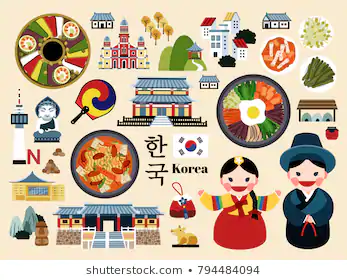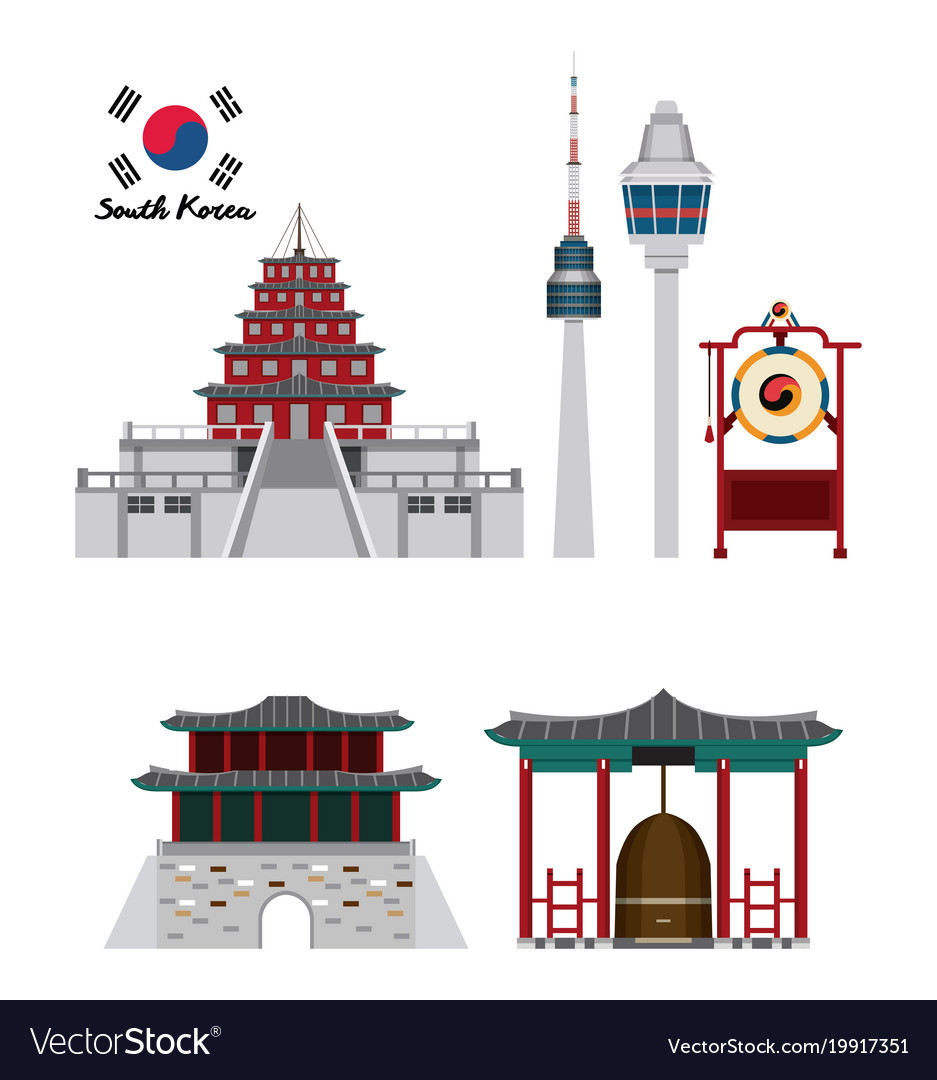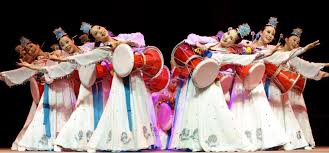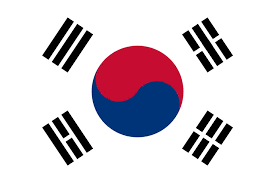Uncle´s reflections about Korean identity
Uncle explains the fight to maintain the Korean identity.
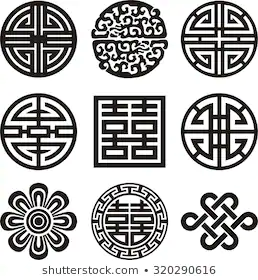
By Kim Young-chun
Korea used to be one country that was oppressed by Japan due to its occupation since 1910. This country was dominated by Japan and at the same time, it suffered of the two world wars. It was until the end of World War II, that Korea became free and it was in 1948 that the Korean peninsula was divided in North and South.
Meanwhile, it is important to highlight how a normal day was in this territory and how Koreans fought every day to maintain their identity, no matter the Japanese oppression. Most Korean families were low or middle class. Koreans were taught to follow strong social norms and mores. As social norms, Koreans were not able to speak Korean, they had to speak Japanese in school and everywhere on the Korean peninsula; but also they needed to use Japanese names. In terms of mores, children could not interrupt or talk in adults conversations; but they could speak within their families in Korean. Obviously, they ate Korean food and they followed Korean traditions, but just inside their homes. Korean values are based on letting the oldest people at the table to eat first and then, the rest members of the table can start eating and should follow the behaviour of the oldest ones.
This was shocking for all Koreans because they needed to follow Japanese rules and pretended they were identified with that culture. Nevertheless in their real “me”, they felt identified with the Korean culture. They could express better their feelings in Korean, not in Japanese. They had to study at school Japanese history as a supremacist culture but in their hearts, their priority was the Korean culture.
All families were forced to use a Japanese last name and first name, and also they had to pronounce them in Japanese. Outside their homes, they had to speak Japanese but at home, they spoke Korean and used their alphabet called Hangeul. The alphabets are totally different, the same for pronunciations, and as a consequence, the meaning; but they had no choice.
All of this meant for them as not being free in their native country, as being oppressed for their roots and they had to hide their origins. In other words, they were treated as a second-class citizens.
It was very difficult for all Koreans to preserve their Korean identity. Small children and teenagers didn´t have a crisis on this matter, but for elderly people, it was really tough. On one hand, they had to follow strict rules and norms in a mandatory way. That caused them fear and like feeling ashamed of being different from the native Japanese people. On the other hand, they felt identified with their clothing, their food, their traditions, their language and that sensation of feeling proud of their real identity, made them survive in those hard times. Also courage and determination made them continue on a daily basis having the expectation that may be one day, the light at the end of the tunnel will turn on.
All Koreans were feeling released when they listened to the radio that Japan had surrendered because that meant the freedom to Korea and the beginning of a new Korean era. They didn´t have a clear idea of how their lives will be about, but at least, no more Japanese in their homes, schools, streets, and any other place will be.
Esta web se reserva el derecho de suprimir, por cualquier razón y sin previo aviso, cualquier contenido generado en los espacios de participación en caso de que los mensajes incluyan insultos, mensajes racistas, sexistas... Tampoco se permitirán los ataques personales ni los comentarios que insistan en boicotear la labor informativa de la web, ni todos aquellos mensajes no relacionados con la noticia que se esté comentando. De no respetarse estas mínimas normas de participación este medio se verá obligado a prescindir de este foro, lamentándolo sinceramente por todos cuantos intervienen y hacen en todo momento un uso absolutamente cívico y respetuoso de la libertad de expresión.
No hay opiniones. Sé el primero en escribir.


